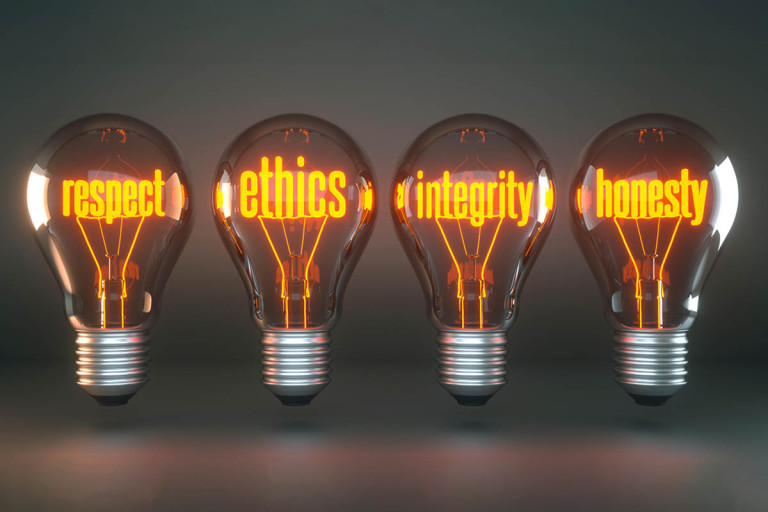
- Venue: Online
- Date: Self-paced; Enroll at any time
-
Price: $49
-
Course Curriculum
This brief course is designed for people who are either new to character education or would like to brush up on the latest happenings in the field. Participants will have the opportunity to experience character education practices, consider different approaches to how character can be taught and integrated into many aspects of school, and learn about character education programs along with current opportunities and challenges in the field.
We also offer mini-courses on the Basics of Social-Emotional Learning and the Basics of Mindfulness. You can enroll in all three at once with our Basics Bundle.
Course components include (1.5 hours):
- A Sampling of Different Cultures’ and Religions’ Views of Morality
- A Brief History of Character Education in the United States
- How Character is Defined Today in the West
- Approaches to Teaching Character, Including Sample Frameworks and Programs
- Current Opportunities and Challenges in the Field of Character Education
